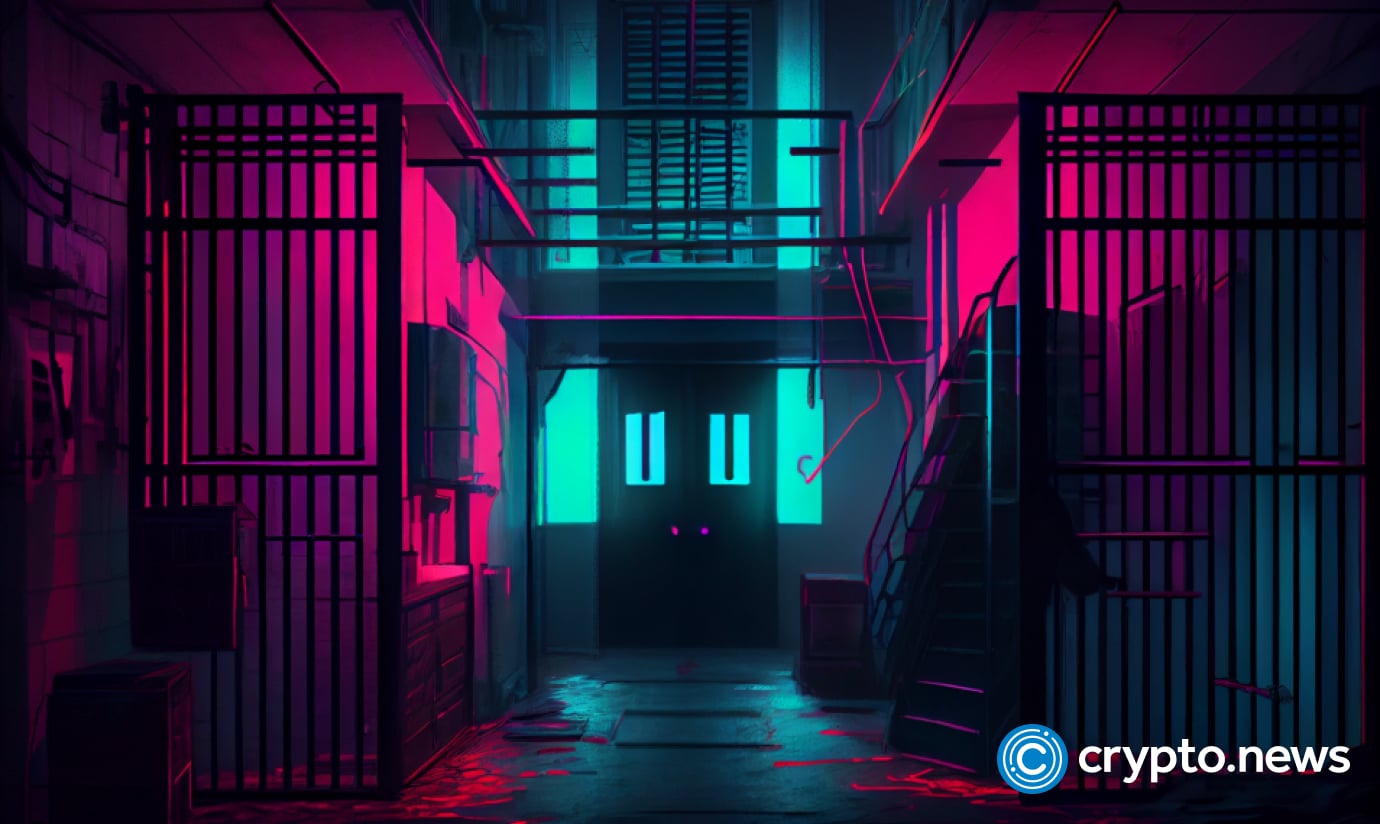
In November 2023, Jill Ford — a rising e-commerce entrepreneur — found herself trading spreadsheets for sentencing hearings, convicted of bank fraud and money laundering tied to a Main Street Lending Program loan.
Ford’s 20-month stint in federal prison wasn’t just a punishment; it was an education — one that exposed her firsthand to the stark inequities of the financial system and deepened her belief in Bitcoin (BTC) as a tool for economic justice.
Emerging from incarceration with more than just a second chance, Ford reentered the crypto world with a mission. She founded BitFord Digital, a Dallas-based company committed to sustainable and ethical Bitcoin mining—because, as she puts it, “Sustainability and ethics are non-negotiable.”
Now, she’s not just mining Bitcoin; she’s advocating for financial literacy, pushing for diversity in blockchain, and proving that decentralized finance can be a lifeline for those the traditional system leaves behind.
Read on for our conversation with Ford and learn how her journey is more than a comeback story.
How did prison reshape your perspective on traditional financial systems?
Honestly, my time in prison was eye-opening. I met so many women who were there because of financial offenses tied to the fiat banking system, and it really highlighted how flawed and unfair those systems can be. That’s when I realized just how powerful Bitcoin could be. It’s decentralized, transparent, and offers people a way to take control of their finances without relying on old, broken systems by removing barriers and providing access to financial freedom without dependence on intermediaries.
What went wrong with the loan from the Main Street Lending Program?
I made some mistakes—plain and simple. At the time, I didn’t fully understand the rules and requirements, and I made decisions that violated the program’s terms. It’s something I deeply regret, but it also taught me the value of accountability, which has become a cornerstone of how I approach everything now. It’s also fueled my renewed commitment to ethical business practices in everything I do.
How does Bitford Digital’s mission align with your journey?
Bitford Digital is basically the next chapter of my life. After everything I went through, I wanted to create something that not only aligned with my expertise but also addressed the inequities I saw firsthand. It’s all about ethical and sustainable Bitcoin mining while making financial tools more accessible to people who need them the most. It also aligns with my belief in second chances and the transformative power of knowledge and opportunity.
Why does ethical and sustainable Bitcoin mining matter to you?
Sustainability and ethics are non-negotiable for me. At Bitford Digital, we’re investing in renewable energy and state-of-the-art equipment to minimize our environmental footprint. It’s not just about doing the right thing—it’s about proving that Bitcoin mining can be a force for good in the world.
Does Bitford Digital support marginalized communities? What initiatives have you launched to empower them?
Absolutely. Supporting marginalized communities is a huge part of our mission. In partnership with the Bitcoin Transformation Community and its founder, Justin Rhedrick, we’re creating a Bitcoin mining repair workshop specifically for women who have recently been released from prison. This initiative builds on their previous classes, which primarily served men, and aims to open new pathways for women to build financial independence and skills in the crypto and tech space. Additionally, we’ve launched programs that teach financial literacy to incarcerated individuals and underrepresented groups, focusing on how Bitcoin can empower them to achieve economic freedom.
What are the key barriers to financial literacy you’ve identified, and how do you work to overcome them?
A big barrier is accessibility—so many people don’t have the resources or knowledge to navigate financial tools. Then there’s trust—traditional systems have let a lot of folks down. Honestly, I get it. I didn’t fully understand things like fiat currency and loans myself, and that lack of understanding led me to make mistakes that ended up hurting others, which I really regret. That’s why I’m so passionate about education initiatives, workshops, and mentorship programs—to help people build the knowledge and confidence they need to take control of their financial futures and avoid those same kinds of missteps.
What was the most significant lesson you learned during your legal challenges, and how has it shaped the way you lead and innovate today?
The biggest lesson? Integrity matters in every decision you make. I learned the hard way that cutting corners isn’t worth it. I also learned how powerful money is—how corrupting it can be and how debt can enslave you and steal your time. Business owners often aren’t educated about the implications of taking on loans, while banks have the resources to hire teams of attorneys. How is this fair? Now, I lead with transparency, make informed financial decisions, and ensure Bitford Digital is a company people can trust.
The blockchain and cryptocurrency space often struggle with diversity. Why do you think inclusive opportunities are so important?
Diversity brings fresh perspectives, which lead to better solutions. If crypto and blockchain are supposed to be for everyone, then we need everyone at the table. By making the industry more inclusive, we ensure that it serves people from all walks of life—not just a select few. Plus, diversity drives innovation. When more voices and perspectives are involved, the solutions we create are more robust and inclusive. In a decentralized system like blockchain, inclusivity ensures the technology truly serves everyone, not just a select few. Fostering diversity in crypto is critical to achieving its full potential.
Looking back, what was the turning point and how did it set you on the path to founding Bitford Digital?
Honestly, the turning point was my time in prison. It forced me to reflect on my mistakes and think about what I could do differently moving forward. That’s when I realized I wanted to dedicate my work to building something positive and impactful, which led to Bitford Digital. It’s my way of turning a tough chapter into something meaningful.
